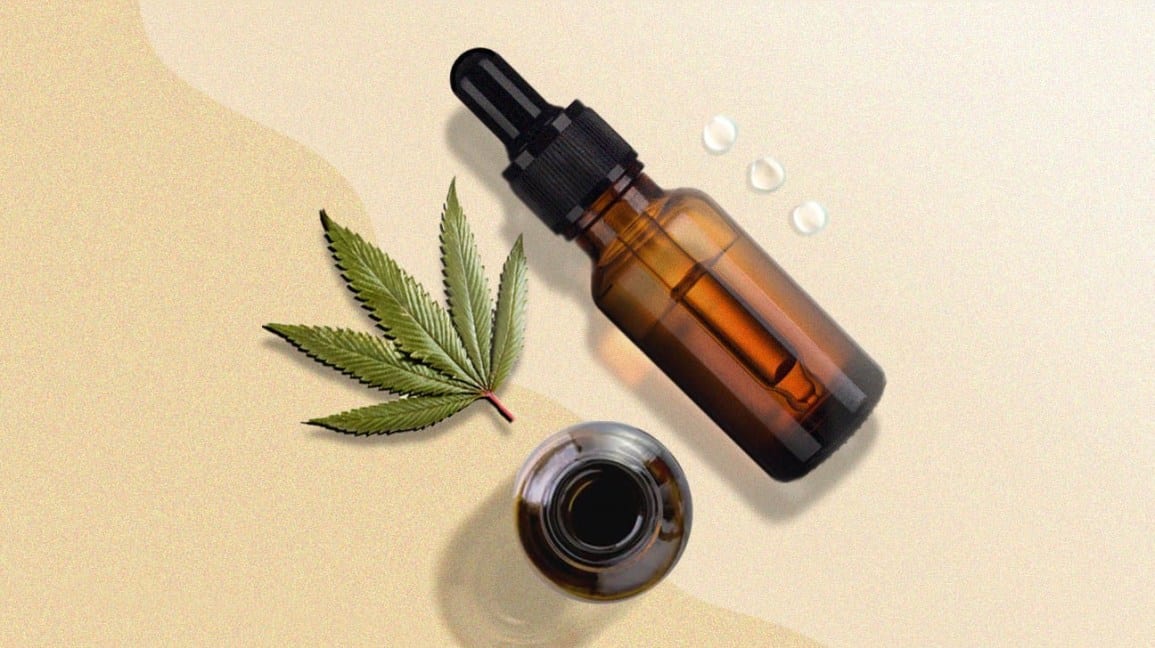Hemp oil and CBD oil are derived from the hemp plant from the same plant species, cannabis Sativa. This plant provides tons of health benefits. That’s why a lot of consumers consider both substances as a great alternative to traditional medications, especially for pain relief, insomnia, and anxiety.
Because of the passing of Farm Bill 2018, everybody seems to have a “green rush”. People use these two terms interchangeably, since they think that the two substances are the same. However, there are essential differences between the two.
Read on to learn the differences between them.
1. Source
Remember that hemp oil is not CBD because it is merely derived from hemp seeds without substantial amounts of phytocannabinoids, like CBD.
Hemp oil or hemp seed oil comes from the seeds of hemp plants. Because hemp seeds have trace amounts of CBD, hemp oil is not as potent as CBD oil. Meanwhile, CBD oil is made from the stalks, leaves, and flowers of the plant.
Hemp leaves contain more potency, which amounts up to 40% CBD. That’s why CBD oil is more beneficial for those people who are suffering from anxiety and other related health conditions.
2. Phytocannabinoid Content
Phytocannabinoids refer to naturally-occurring cannabinoids or cannabis compounds with rich terpene content. This content is responsible for the cannabis plant’s characteristic smell.
Hemp oil doesn’t contain phytocannabinoids, and it is derived from hemp seeds only. Because hemp oil is full of omega-3 fatty acids, it is perfect for the skin but doesn’t have the same potent, therapeutic benefits as CBD oil.
On the other hand, cannabidiol or CBD is considered a non-psychoactive phytocannabinoid, which is extracted from the flowers and leaves of hemp plants.
Here are some facts about CBD phytocannabinoid content:
- Full-spectrum CBD oil has all of the phytocannabinoids working together in synergy.
- Full-spectrum CBD oil has a total of 80 phytocannabinoids.
- CBD oil contains flavonoids, terpenes, and other essential compounds working together to heighten the positive health benefits.
3. THC Content
Tetrahydrocannabinol or THC is a potent active compound found in cannabis or marijuana plants. It provides psychedelic or psychoactive effects that make a person feel “high.”
Hemp seed oil, also called cannabis Sativa seed oil, is high in omega-3, -6 fatty acids, and antioxidants but contains no CBD, CBN, or THC. It means that hemp oil has 0 percent THC.
On the other hand, CBD oil should have less than 0.3 percent of tetrahydrocannabinol or THC to be legally sold. It is because anything above this THC level is considered marijuana. If you want something with a higher percentage of THC, you should consider using delta 8 THC. It is important to check if delta 8 is legal in your state before buying it, though.
4. Anxiety Treatment
Hemp oil doesn’t have a substantial amount of cannabidiol or CBD, so it’s not used in treating anxiety. In contrast, cannabidiol or CBD has calming, anti-depressant, and anti-anxiety effects. This is why the use of CBD has become popular worldwide.
A lot of people seek private label CBD oil for anxiety because it has a more potent amount of CBD content than hemp oil. In fact, a 2011 study shows that social anxiety can be reduced with CBD. Also, research shows in an animal model that CBD oil has anti-depressant and anti-anxiety effects. While there are many claims about hemp oil treating anxiety, no clear clinical trials and studies were presented.
5. Applications
When it comes to the applications, the differences between hemp oil and CBD oil rely on (a) the manner of use, and (b) severity of medical conditions that each substance treats.
For instance, hemp seed oil is usually used in food products, such as granola and hemp seed milk. Also, hemp oil is used in skincare or beauty products to unclog pores and provide skin moisture for supple and glowing skin. Moreover, hemp seed oil can be used as a facial oil or topical solution.
Conversely, CBD oil has greater antioxidants and anti-inflammatory properties, so it is used in treating a wide variety of inflammatory skin conditions, such as acne, rashes, eczema, and psoriasis. Also, CBD is used in the treatment of a wide variety of chronic medical conditions, such as chronic pain (like arthritis and back pain), insomnia among anxious and depressed patients, and nausea and vomiting among cancer patients.
6. Product Labeling
The difference between the product labeling are the ingredients used. It means that hemp oil is merely hemp seed oil without CBD, THC, or any other cannabinoid compound. Conversely, CBD oil may contain a trace amount of THC, CBD, and a carrier oil that acts as a stabilizer.
When buying one or the other, it’s crucial to closely read the ingredients to know what you’re getting and paying for.
Hemp seed oil is listed as hemp oil or cannabis Sativa seed oil. However, these ingredients are not the same as cannabidiol.
On the other hand, CBD is listed as cannabidiol or CBD oil, PCR (phytocannabinoid-rich), PCR hemp extracts, or full-spectrum hemp. CBD oil usually includes a carrier oil, such as grapeseed, olive, or hemp seed oil. The carrier oil is used to help preserve and stabilize CBD.
Conclusion
CBD oil and hemp oil are different in many ways, such as the source, cannabinoid content, THC content, treatment and application, and product labeling. With the information provided above, you can say that CBD is more potent than hemp seed oil. CBD oil contains active cannabinoids that are therapeutic in nature. Meanwhile, hemp oil, unlike CBD oil, doesn’t contain CBD or THC.
In addition, the applications or uses of them are different. Hemp oil is generally used for supplements and treating more acute signs and symptoms, while CBD oil treats chronic and more serious medical conditions.








